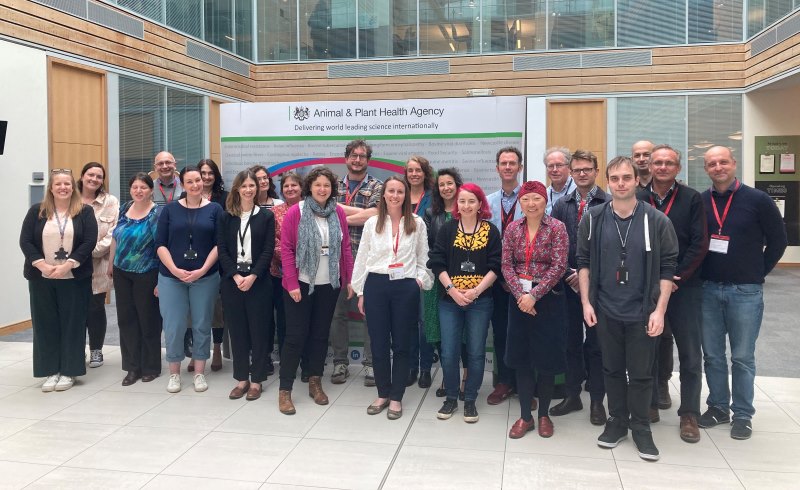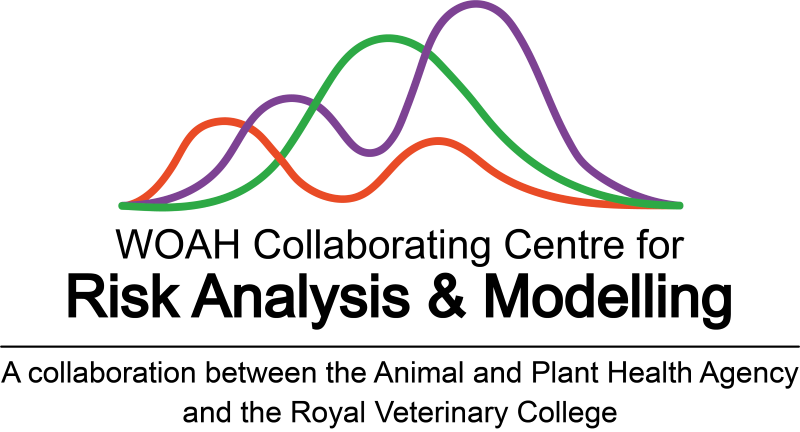Applying machine learning to animal health
The WOAH Collaborating Centre for Risk Analysis & Modelling hosted a workshop on machine learning (ML) at the Animal and Plant Health Agency (APHA) headquarters in Surrey on 16 May 2023.

ML is a type of artificial intelligence that harnesses the power of modern-day computing to enable information to be inferred directly from data, for example for classification or prediction. The workshop enabled APHA and the Royal Veterinary College (RVC) to share their experience of using these methods with each other, and to learn more about this methodology and how it can be applied to the area of animal health.
At the workshop Prof. David Clifton, from the University of Oxford, kindly outlined the broad range of data types and data sources to which ML can be applied in the field of human health and the sorts of insights that can be gained. There are many algorithms to choose from, each of which will have inherent bias or a degree of complexity, to which Dr. Ruby Chang (RVC) summarised in an overview.

At APHA and RVC, ML has been applied within an animal health context. Case studies were shared at the workshop, on topics such as species distribution modelling, wildlife image recognition, text mining of veterinary records and the classification of tests/herds for bovine TB and types of pig farms. A discussion then followed on how else these techniques might be used.
If you are interested in finding out more, you can read this article by Guitian et al.. The article was recently published in a special Animal Health Data Management issue of the WOAH Scientific and Technical Review (edited by the Head of the Collaborating Centre, Prof. Stuart Reid). The paper focuses on the use of ML in the area of animal and veterinary public health surveillance.
Please email us at RAM.WOAHCollaboratingCentre@apha.gov.uk if you are using machine learning and are interested in discussing more about its application in the animal health field.



